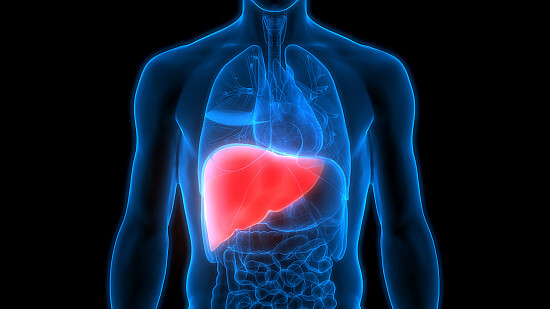Depression may compound the risk of diabetes: study
Thu 14 Apr 2016, 10:55:08

Depression may increase the risk of developing type 2 diabetes in people with metabolic diseases such as obesity, high blood pressure and unhealthy cholesterol levels, a new study has warned.
While previous studies have pointed to a link between depression and diabetes, the new findings suggest that when depression combines with metabolic risk factors the risk of developing diabetes rises to a level beyond the sum of its parts.
"Emerging evidence suggests that not depression, per se, but depression in combination with behavioural and metabolic risk factors increases the risk of developing type 2 diabetes and cardiovascular conditions," said lead author Norbert Schmitz, Associate Professor at from McGill University in Canada.
"The aim of our study was to evaluate characteristics of individuals with both depressive symptoms and metabolic risk factors," Schimtz said.
The study divided 2,525 participants in Canada, aged between 40 and 69, into four groups: those with both depression and three or more metabolic risk factors; two groups, each with one of these conditions but not the other; and a reference group with neither condition.
The researchers found that participants with depression, alone, were not at significantly greater risk of developing diabetes than those in
the reference group.
the reference group.
The group with metabolic symptoms but not depression was around four times more likely to develop diabetes. Those with both depression and metabolic risk factors, on the other hand, were more than six times more likely to develop diabetes, with the analysis showing the combined effect of depression and metabolic symptoms was greater than the sum of the individual effects.
The researchers believe depression, metabolic symptoms and the risk of developing diabetes interact in a number of ways. In some cases, a vicious cycle may emerge with depression and metabolic risk factors aggravating one another.
Evidence shows people suffering from depression are less likely to adhere to medical advice aimed at tackling metabolic symptoms, whether it be taking medication, quitting smoking, getting more exercise or eating a healthier diet.
Without effective management, metabolic symptoms often worsen and this can in turn exacerbate the symptoms of depression, researchers said.
Beyond these behavioural aspects, some forms of depression are associated with changes in the body's metabolic systems which can lead to weight gain, high blood pressure and problems with glucose metabolism.
The study was published in the journal Molecular Psychiatry.
No Comments For This Post, Be first to write a Comment.
Most viewed from Health
AIMIM News
Latest Urdu News
Most Viewed
May 26, 2020
Do you think Canada-India relations will improve under New PM Mark Carney?
Latest Videos View All
Like Us
Home
About Us
Advertise With Us
All Polls
Epaper Archives
Privacy Policy
Contact Us
Download Etemaad App
© 2025 Etemaad Daily News, All Rights Reserved.






























